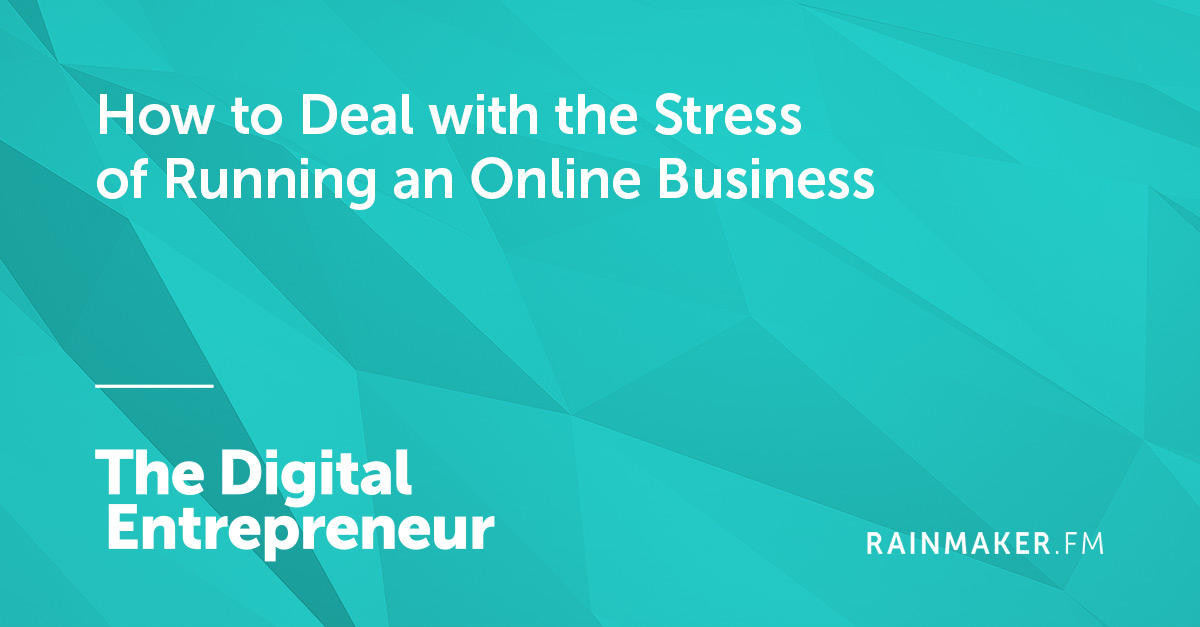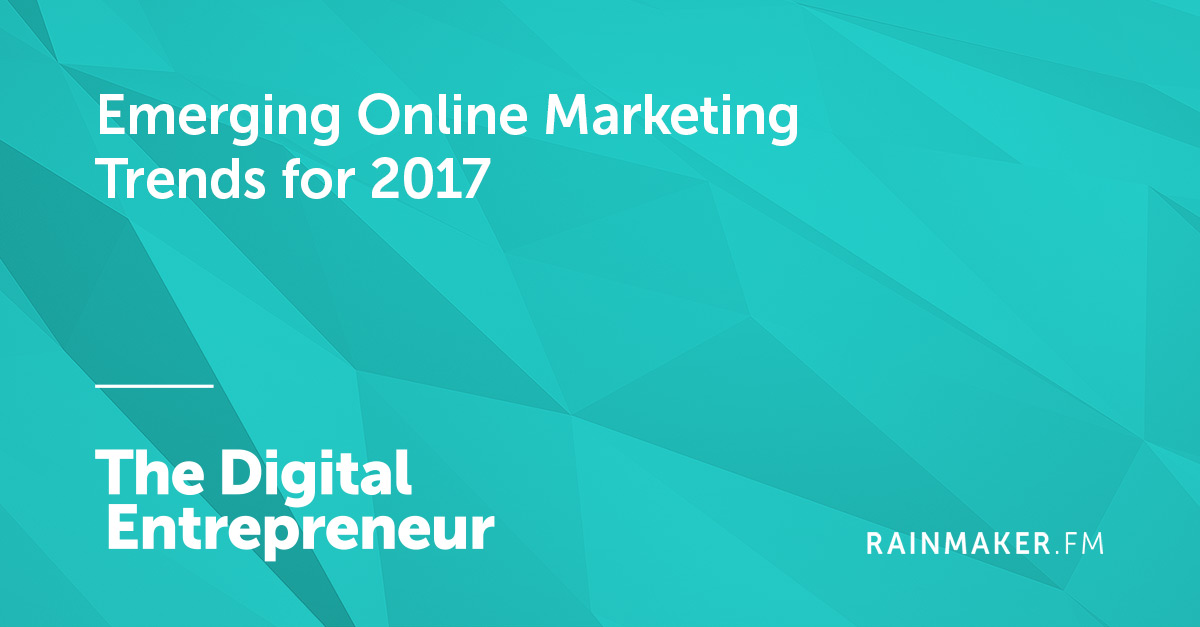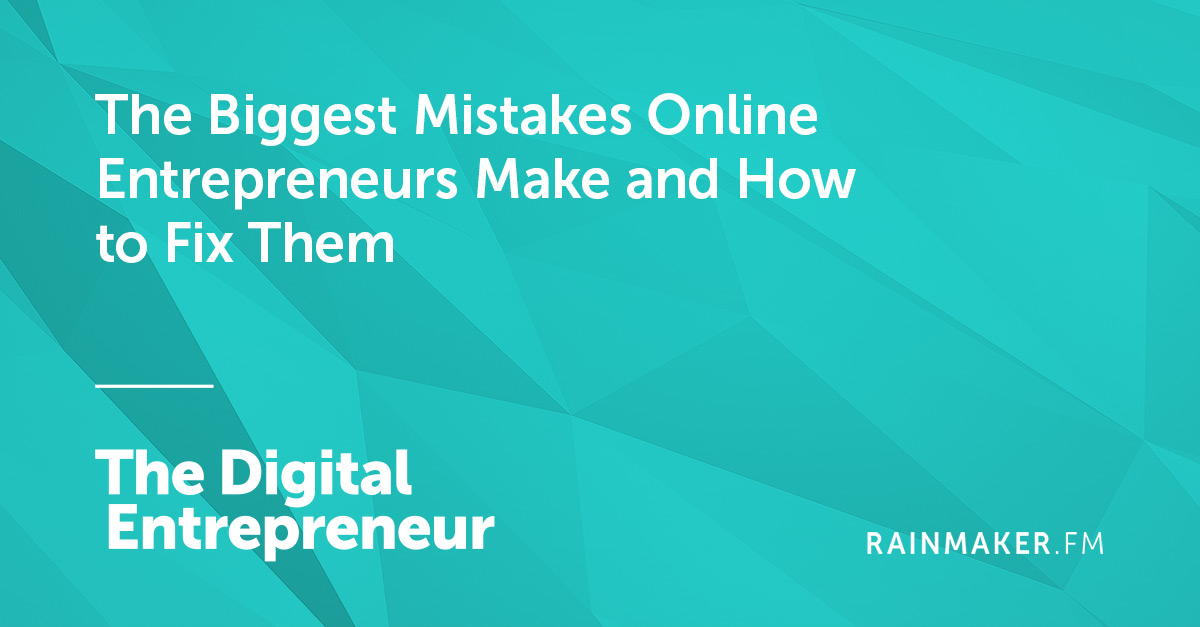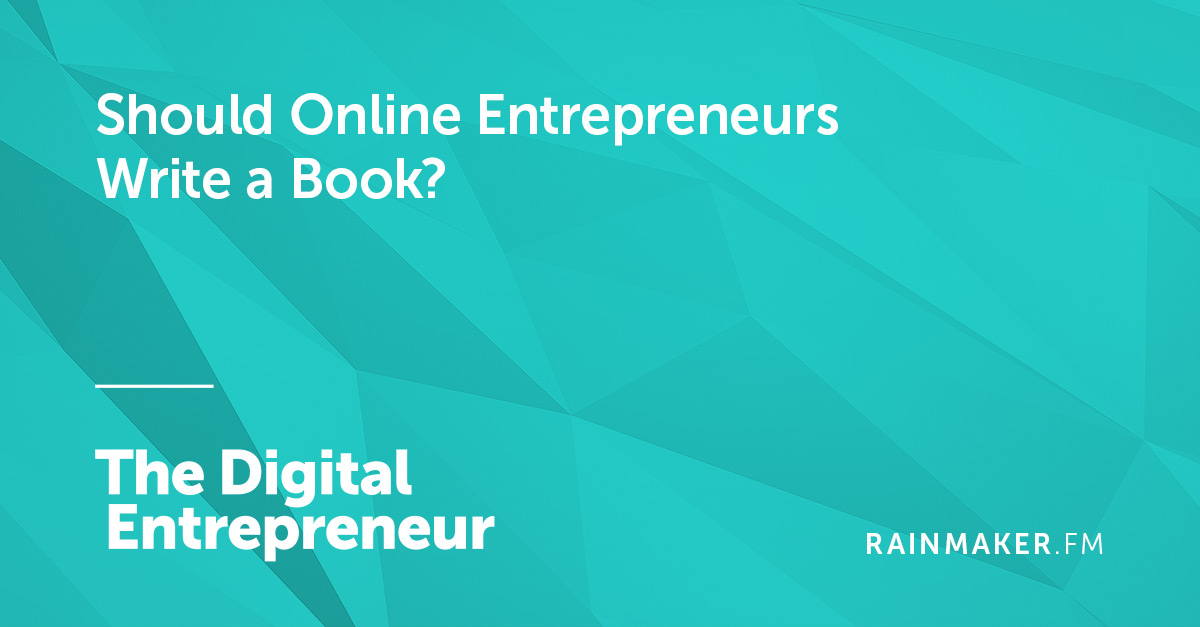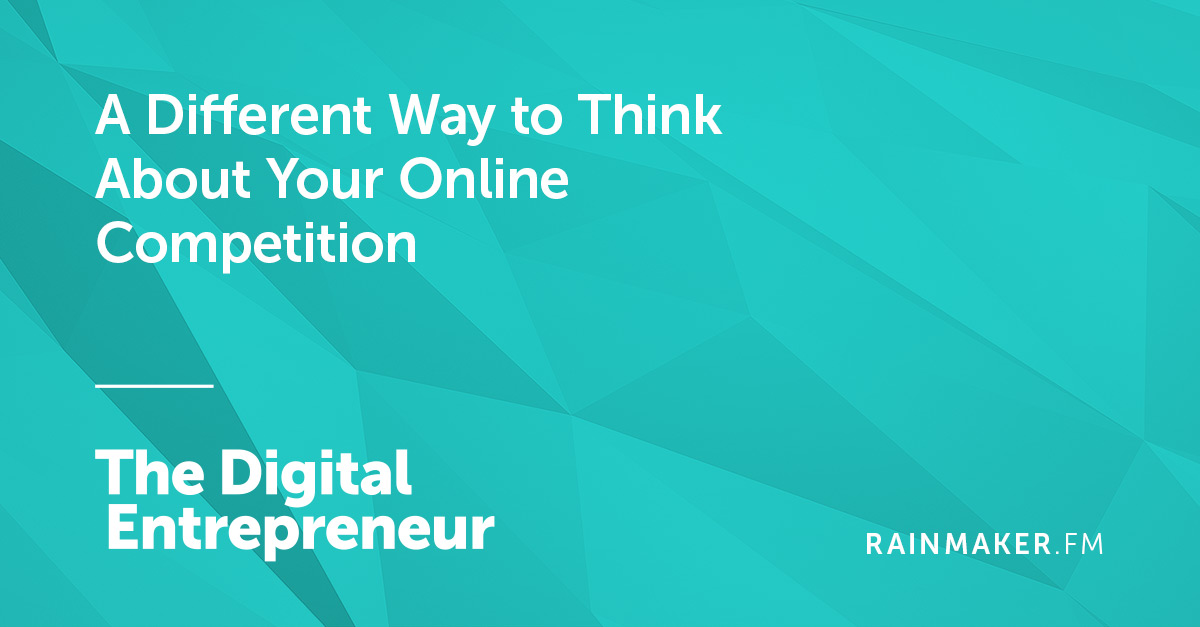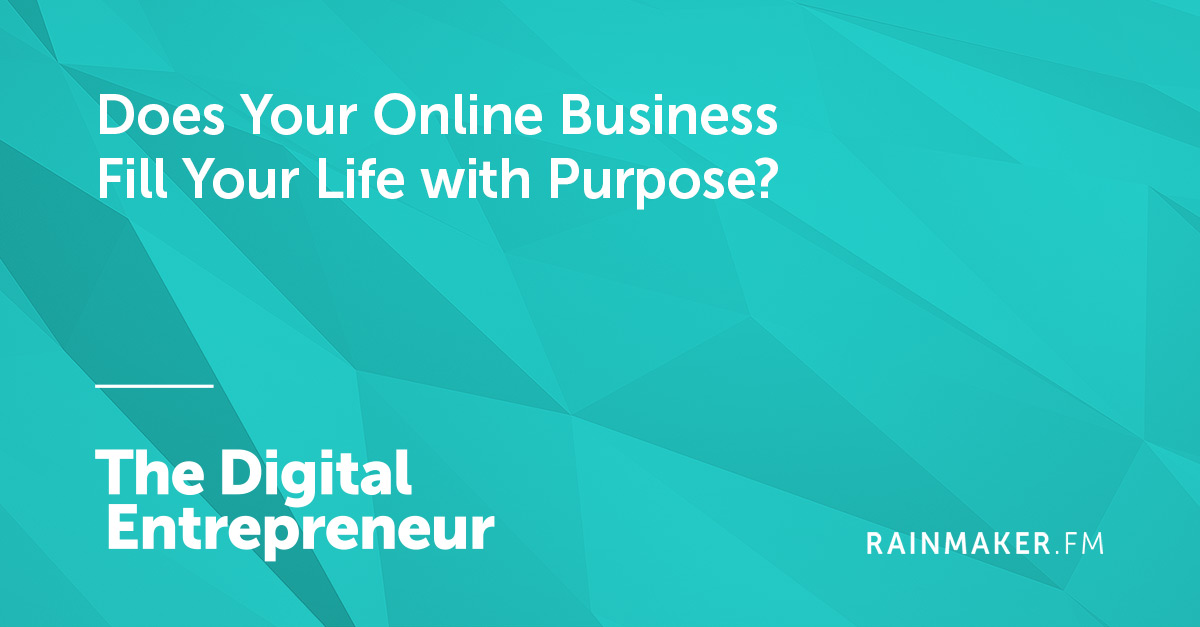
This episode helps you address the most important question of being an online entrepreneur – Why does it matter?
This is part 2 of a 4-part summer series of short, inspirational, and thought-provoking concepts to help you succeed online.
Jessica and Sean will return to their normal programming schedule starting in September 2017.
Listen to The Digital Entrepreneur below …
